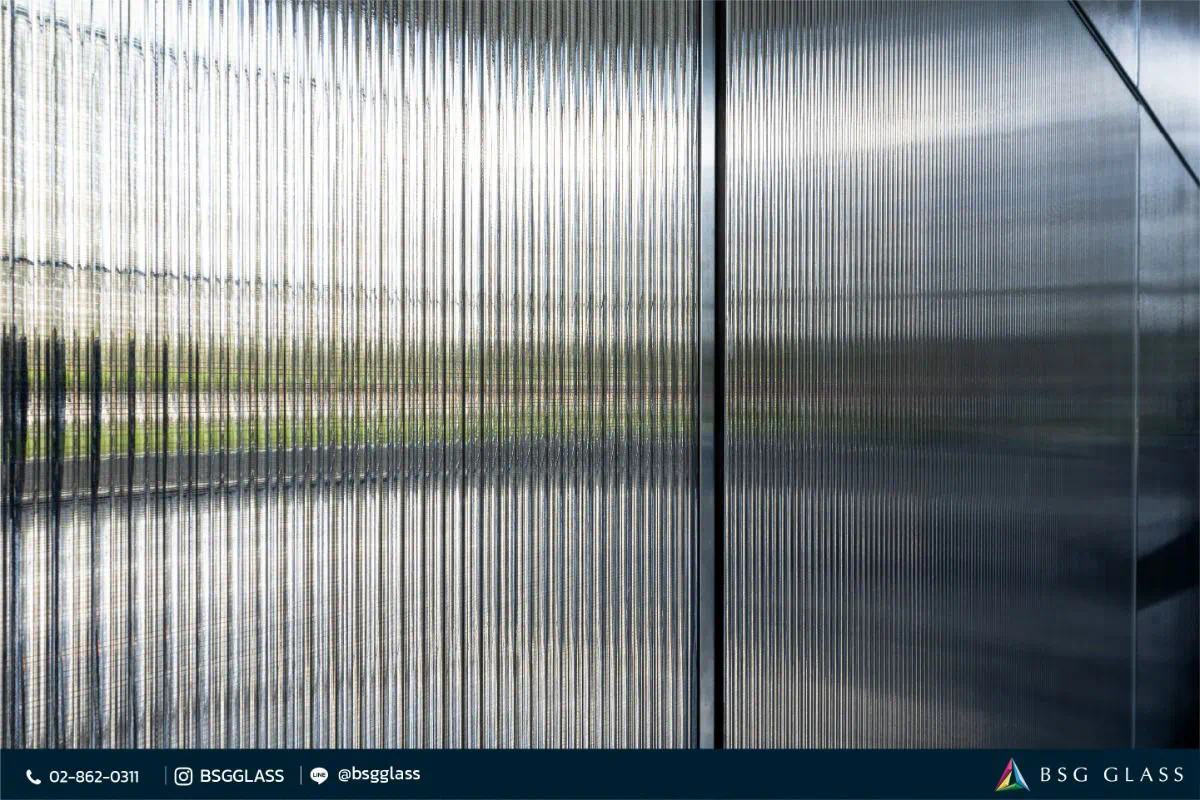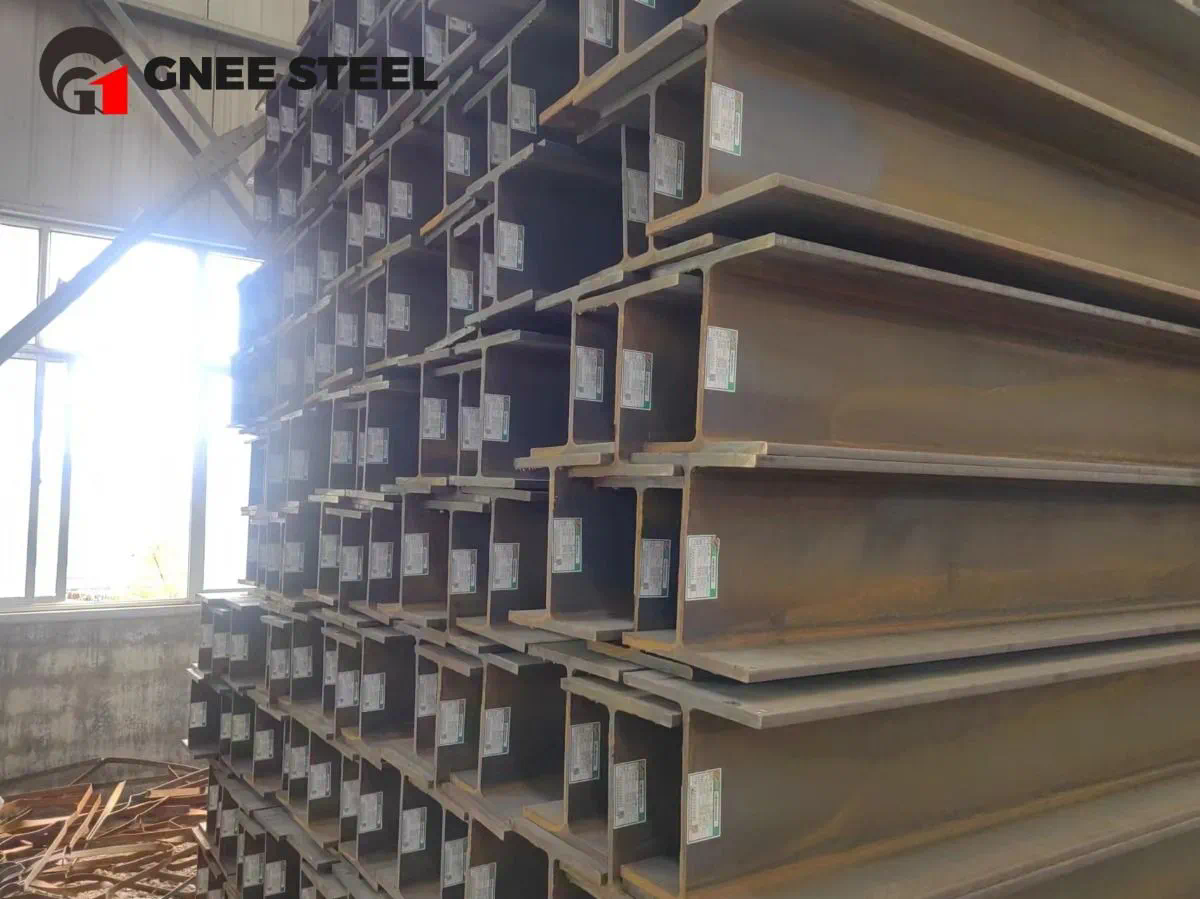Glass lined reactors are widely used in various industries, particularly in chemical processing, pharmaceuticals, and food production, due to their excellent corrosion resistance and inertness. However, like any piece of equipment, they require regular maintenance to ensure optimal performance and longevity. This article will discuss the best practices for glass lined reactor maintenance, providing a comprehensive guide for operators and maintenance personnel.
Understanding Glass Lined Reactors
Before delving into maintenance practices, it is essential to understand what glass lined reactors are and how they function. These reactors consist of a steel vessel coated with a layer of glass, which protects the underlying metal from corrosive substances. The glass lining offers several advantages, including:

- Resistance to corrosive chemicals
- High purity levels, preventing contamination
- Ease of cleaning
- Ability to withstand high temperatures and pressures
Given these advantages, proper maintenance is crucial to prevent damage to the glass lining and ensure safety in operations.
Routine Inspection and Monitoring
Regular inspections are vital for identifying potential issues before they escalate into significant problems. Operators should implement a routine inspection schedule to assess the condition of the reactor. Key areas to monitor include:
Visual Inspections
Conduct visual inspections of the reactor’s exterior and interior surfaces. Look for signs of wear, cracks, or chips in the glass lining. Any visible defects can compromise the integrity of the reactor and lead to chemical leaks.
Performance Monitoring
Regularly monitor the reactor’s performance metrics, such as temperature, pressure, and reaction times. Deviations from standard operating conditions may indicate underlying issues that need to be addressed.
Leak Testing
Conduct leak tests periodically to identify any breaches in the glass lining. This can involve pressurizing the reactor and observing for any loss of pressure or using dye tests to detect leaks.
Cleaning Procedures
Maintaining a clean reactor is essential for ensuring product quality and preventing contamination. Effective cleaning procedures should include:
Regular Cleaning Schedule
Establish a regular cleaning schedule based on the type of substances processed in the reactor. Some materials may leave residues that can build up glass lined reactor spark test over time, requiring more frequent cleaning.
Use of Appropriate Cleaning Agents
When cleaning the glass lined reactor, it is crucial to use cleaning agents that are compatible with both the glass lining and the materials previously processed. Avoid abrasive cleaners that can scratch or damage the glass surface.
Thorough Rinsing
After cleaning, ensure that the reactor is thoroughly rinsed to remove any residual cleaning agents. Incomplete rinsing can lead to contamination of the next batch of products.
Handling and Operation Best Practices
Proper handling and operational practices can significantly impact the longevity of glass lined reactors. Operators should adhere to the following guidelines:
Avoiding Thermal Shock
Glass lined reactors are susceptible to thermal shock. Operators should avoid rapid temperature changes by gradually heating or cooling the contents of the reactor. Sudden temperature fluctuations can cause the glass to crack or shatter.
Careful Loading and Unloading
When loading or unloading materials, ensure that the glass lining is not subjected to excessive mechanical stress. Use appropriate equipment and techniques to minimize impact on the glass surface.

Monitoring Chemical Compatibility
Before introducing new chemicals into the reactor, verify their compatibility with the glass lining. Certain chemicals can react adversely, leading to degradation of the glass surface.
Repair and Maintenance Procedures
Even with the best maintenance practices, issues may arise that require repair. Understanding the repair process is crucial for maintaining reactor integrity.
Identifying Damage
Promptly address any damage identified during inspections. Small chips and cracks can often be repaired if caught early, preventing further deterioration.

Professional Repair Services
For significant damage, engage professional services specializing in glass lining repairs. Attempting to conduct repairs without proper expertise can exacerbate the problem.
Reapplication of Glass Lining
In cases where the glass lining is severely compromised, reapplication may be necessary. This process involves stripping the old lining and applying a new layer of glass, which should be performed by trained professionals.
Documentation and Record Keeping
Effective maintenance requires thorough documentation and record-keeping practices. Operators should maintain detailed records of:
Inspection Reports
Document all findings from routine inspections, including any observed damage or maintenance actions taken. This information can help identify patterns and inform future maintenance strategies.
Cleaning Logs
Maintain logs of cleaning activities, including dates, methods used, and any unusual findings. This ensures adherence to cleaning schedules and provides insight into the effectiveness of cleaning procedures.
Repair Records
Keep a comprehensive record of all repair activities, including the nature of the repair, materials used, and any professionals involved. This information is valuable for future maintenance planning and budgeting.
Training and Personnel Involvement
Ensuring that personnel are well-trained in the operation and maintenance of glass lined reactors is fundamental to successful maintenance practices.
Regular Training Programs
Implement regular training programs to keep staff updated on best practices, safety procedures, and new technologies related to glass lined reactor maintenance.
Encouraging Team Involvement
Encourage team involvement in the maintenance process by fostering a culture of safety and accountability. When employees feel responsible for the upkeep of equipment, they are more likely to identify and report issues promptly.
Conclusion
In conclusion, maintaining glass lined reactors is essential for ensuring operational efficiency, product quality, and safety. By following the best practices outlined in this article—such as routine inspections, effective cleaning procedures, careful handling, prompt repairs, and thorough documentation—operators can extend the life of their reactors and minimize the risk of costly downtime.
Investing in training and involving personnel in maintenance efforts will further enhance the effectiveness of these practices. With diligence and commitment to maintenance, glass lined reactors can continue to serve their critical role in various industrial applications for many years to come.
https://abcicon.com/
